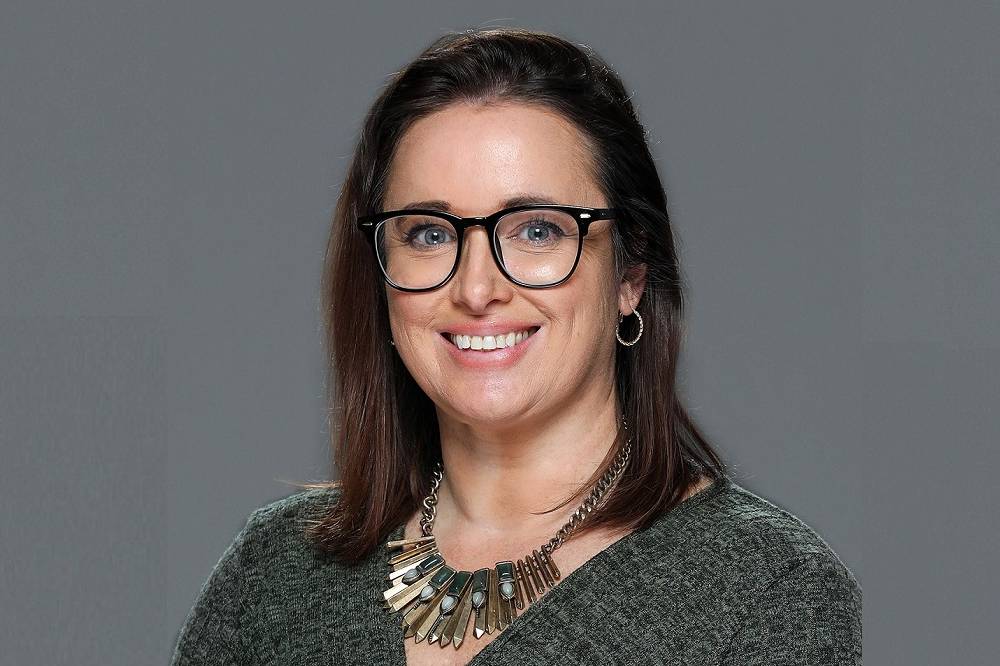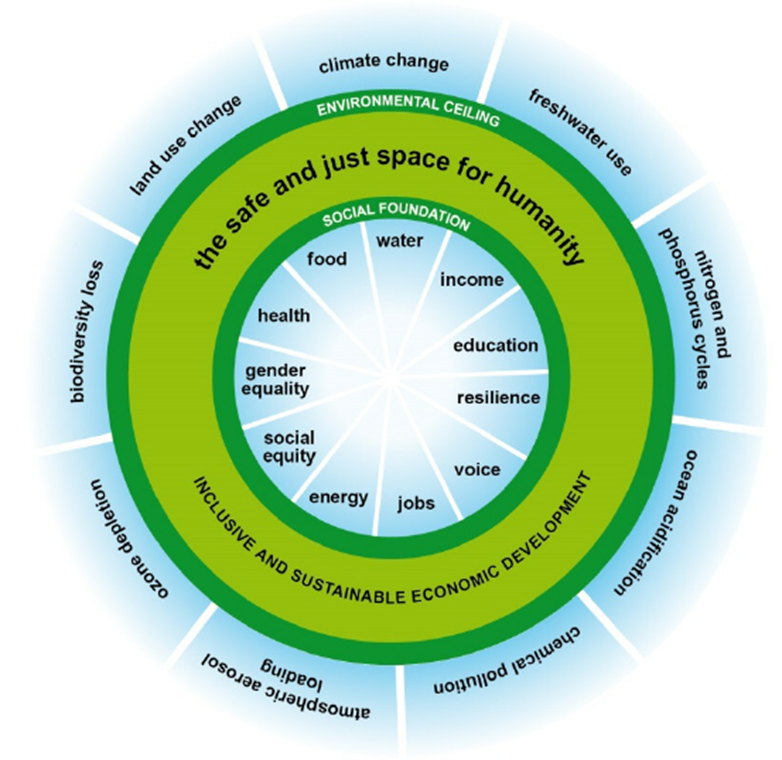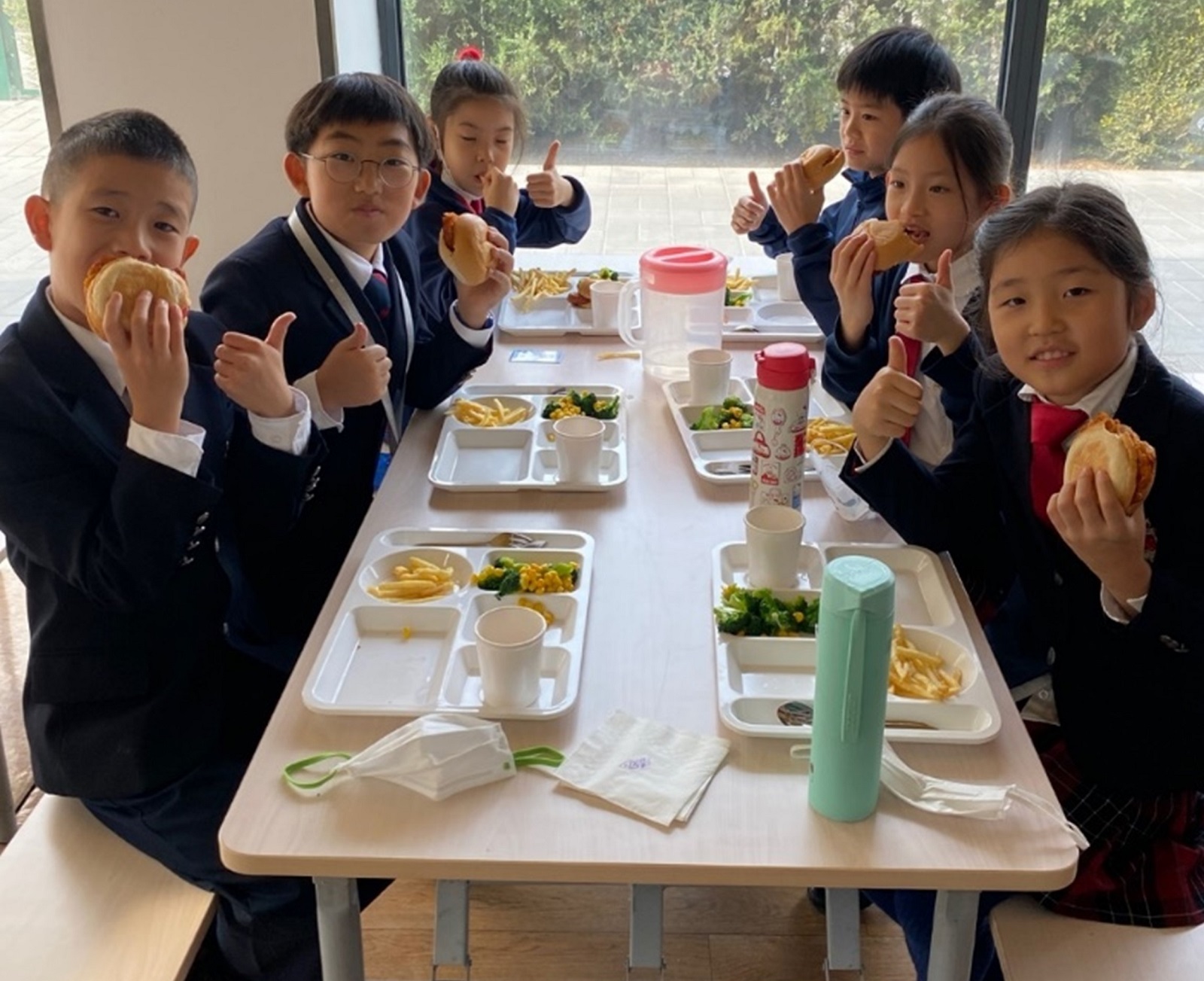Empowering people to make their own changes
An interview with Laura Clark
Laura Clark | DCB Junior School Service Lead
This academic year, Dulwich College Beijing (DCB) has updated its mission to Live Worldwise, reflecting DCB's underlined efforts and commitment to enabling its students to become global citizens, and bringing in its staff and the wider community to that vision.

Sustainability is one of the strategic priorities in the College's 2021-2022 Development Plan. To better understand what it means and how sustainability is embedded in DCB's teaching and learning, we have interviewed our three Sustainability Leads in Early Years, Junior School, and Senior School respectively.
This week, we spotlight Laura Clark, Junior School Service Lead, to share her observations and ideas on the journey of Live Worldwise.
1. How do you describe your mission and responsibilities as the Sustainability Lead in Junior School?
I don’t see myself as a decision-maker, and don’t think my role is to tell people what they should be doing. I support by connecting our teaching and learning to global issues, and sharing resources, ideas and best practices to enable others to make those connections too. I want Junior School to be a community that has the skills, knowledge and resources to look at what we do through a critical sustainability lens. My goal is for the Junior School community – staff, students and families – to have the tools to feel empowered to make a change in the world.
I have been at DCB for several years and held a similar role in Early Years. This is my first year as the Junior School Service Lead, which also includes responsibility for sustainable practice. The role was previously held by Ms Claire Elliot, and I hope to continue the fantastic work she has done for the College. At the same time, I would like to bring my own particular style and vision to Junior School!
I am working on building a bank of information and resources that people can use for teaching. This year, one of our Junior School Professional Learning Communities will be looking at what it means to Live Worldwise. One of our key actions will be to ensure that all staff understand the concept and confidently share that with our students and the rest of the community.
2. How would you define sustainability? What does it mean exactly?
The most often quoted definition comes from the UN World Commission on Environment and Development: "sustainable development is a development that meets the needs of the present without compromising the ability of future generations to meet their own needs." It goes beyond the now-common sustainable initiatives such as using bamboo straws, recycling trash correctly, or carrying a cotton bag wherever you go. Of course, these are all great Teaspoons of Change towards reducing waste, but the UN Sustainable Development Goals (SDGs) provide us with a broader vision of what a sustainable world looks like. Sustainability is about people as well as the planet.

Explaining the concept of sustainability is tricky, especially with younger students! One of my favourite ways to make it more visual is through the ‘doughnut’ economic model.
The outside of the doughnut represents our ecological ceiling – the environmental limits which should not exceed. The inside layer of the doughnut is the social foundation. While it’s important to work towards reducing our impact on the planet, we also need to remember the people inside the ‘doughnut hole’, who face inequalities, poverty, hunger, disease, and lack of access to health care. We need to work together as a global collective to support those people in moving upwards into the doughnut and preventing people from falling below that foundation – the ‘happy space’ for us all to live where we have sustainable development.

One example of how we recently supported others in reaching that safe space, is Pink Week, organized by the Senior School students in the Interact Club. All funds raised during Pink Week went to Wheels for Life, a mobile medical service that travels to rural areas in China to enable people to receive medical services such as vaccinations, breast cancer screenings and check-ups. If we assess it through a sustainability lens, with an understanding of the SDGs, we will see we are contributing to one Global Goals – SDG 3: Good Health and Wellbeing, which aims to ensuring everyone has access to healthcare.
3. How is sustainability embedded in Junior School's teaching?
Our teachers have already begun to work towards embedding sustainability in everything we do, including our teaching and learning. We are shifting our focus from learning objectives in isolation to a richer understanding of concepts and development of skills. We encourage students to apply their knowledge to real-world problems through authentic links.
In Year 5, we are currently learning about Space. This year, we are creating links with global issues and looking at what we can learn from Space exploration to solve global issues. The teachers’ role is to find areas where students can begin to make their own connections.
Another way that we can get students to feel more connected with, and develop an understanding of, global issues is through books. Storytelling is an incredibly effective vehicle for learning, and stories can make the SDGs become real to students by making difficult concepts easier and by developing empathy for others. I am working with Ms Sandra Greenwell, the Senior School Head of Libraries, to develop a collection of books and stories connected to each of the Global Goals. We plan to create a display in the Junior School Library sharing books linked to a ‘Global Goal of the Month’.
The Global Goal of the Month is another initiative I am working on. In October, we highlighted SDG3: Good Health and Wellbeing, to take advantage of the natural links with Pink Week and World Mental Health Day. In November, COP26 (26th Conference of Parties) is taking place in Glasgow in the UK, to discuss climate change. The whole Dulwich group will be engaging in actions to reduce our carbon footprint in No Carbon November; we will be doing the same in Junior School and highlighting the link to SDG 13: Climate Action.
4. How do you help Junior School students to understand those concepts in an easy and accessible way?
It begins in Early Years where students are now being exposed to the Global Goals in an age-appropriate way, through stories and hands-on activities. Although not explicitly taught as a Sustainable Development Goal, it is the time when we start developing a sense of self and empathy for others. They talk about their family, friends, school, class, and teachers in the morning circle time. They help clean up toys, support their classmates, show appreciation to others, and talk about “things that we can do to make the world a better place."
In Junior School, I am so pleased to see many students already coming to Year 3 with some ‘Global Competencies’ - skills, knowledge and dispositions - which they can apply to their learning and develop the understanding that they can be changemakers. I am always amazed at the ideas, critical thinking, and sense of responsibility of our Junior School students. When we talk about playground behaviour and finding solutions to conflicts or arguments with friends, they are taking the first steps towards ‘Peace’ in a context that is meaningful to them. With older students in Junior School, who may have a more developed sense of identity and awareness of the world we are part of, we can begin to discuss wider Global issues related to SDG 16: Peace, Justice and Strong Institutions, and illustrate by linking back to those childhood playground conflicts!
We already do so many things that add to our development as Global Citizens. In Junior School, we all celebrate wellbeing time in the morning, focusing on mindfulness, values and classroom community.
As we are getting close to the winter festival season, look out for service initiatives such as the acts of service advent calendar. There are also learning opportunities to be humble and explore ideas of inequalities, responsible consumption and poverty, which are also among the Global Goals.
5. How do the three Sustainability Leads across the three schools work together?
We exchange resources and identify shared goals. One of our shared goals is working on the College's biodiversity in our sustainable garden and making the space available for students to use for projects. We have also worked together to promote No Carbon November across the College. It is also really important to share across the Dulwich group, so we also have an active online community of Service and Sustainability Leads from all Dulwich and Dehong schools.
6. Have you witnessed any development of people's 'sustainability mindset'?
Yes, I have noticed particularly this academic year that people from the whole College are more engaged and treat sustainability as a priority. We provide quality education (which in itself is a Global Goal – SDG 4: Quality Education for all!) and we are always looking at what we can enhance what we do in the classroom and the College to be a truly progressive international school. Many people have approached me and proactively proposed ideas on how we can make things better. I am seeing students across the College independently taking action to create change. For example, some Year 6 students recently proposed introducing plant-based meat and better vegetarian options to the Junior School Cafeteria, after learning that worldwide over-consumption of meat has a huge negative impact through climate change.

7. In a nutshell, what would be your "one word" to the DCB community?
Live Worldwise is our new mission. It is not only a mission for graduating students but for every member of the community, to use a ‘global citizen’ lens in everything we do. We all have an impact on people and the planet, so let’s make our impact a positive one.








